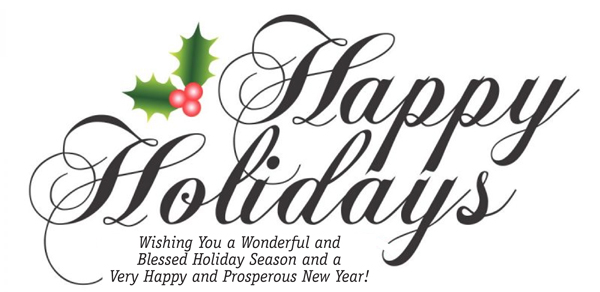What could be a worse way to start the New Year than to be sick? Flu viruses seem to make their way into millions of people starting as early as October, and they can ruin our most precious holiday seasons. Regardless of your immunity, there are 4 simple steps to follow to stay flu-free during the start of the new year.
- Get the flu shot. Flu vaccines are a sure way to protect you from catching the seasonal virus. What’s convenient about getting flu shots is that you don’t have to have health insurance or visit your physician’s office to get one. You can stop by at your local pharmacy, or you can even get one for free! There are a lot of cities that provide free flu shot events, and even college campuses provide them for their students. Make sure you do some research to see where you can get a flu shot for free!
- Dry your hands. We all know that it is crucial to wash your hands, especially after touching millions of germs outside. But what you may not know yet is that it is equally important to dry your hands after washing them. Even though you wash your hands thoroughly with soap, damp hands can easily spread germs to and from the surfaces you touch.
- Don’t touch your face. When you touch a surface that many other people touch, such as shopping carts, doorknobs and ATMs, then touch your eyes, nose and mouth, you are creating an easy route for the virus and germs to enter into your body. And, take advantage of stores that provide disinfectant towels to wipe down shopping carts.
- Stay away from sick people. Those who are infected by the flu virus are contagious for up to one week. If you are unfortunately sick this New Year, take a sick day from work! The last thing you want to do is be the spreader of virus. If someone at work or school is suffering from flu-like symptoms, keep your distance and be sure to have bottles of hand sanitizers around! It would not hurt to drop subtle (or not so subtle!) hints to let them know that they’re infected because the rest of the office doesn’t want to get sick, too! And if you’re meeting any sick family members, kindly give them an air-hug and blow them a kiss. Avoid touching someone who is sick.
There are many other things that you can do to avoid getting sick — and you should do them. Because why would you risk getting sick for the start of the New Year?
Reference: Boost Your Flu IQ: Need-to-Know Info That Will Keep You Protected This Season by Catherine Winters

